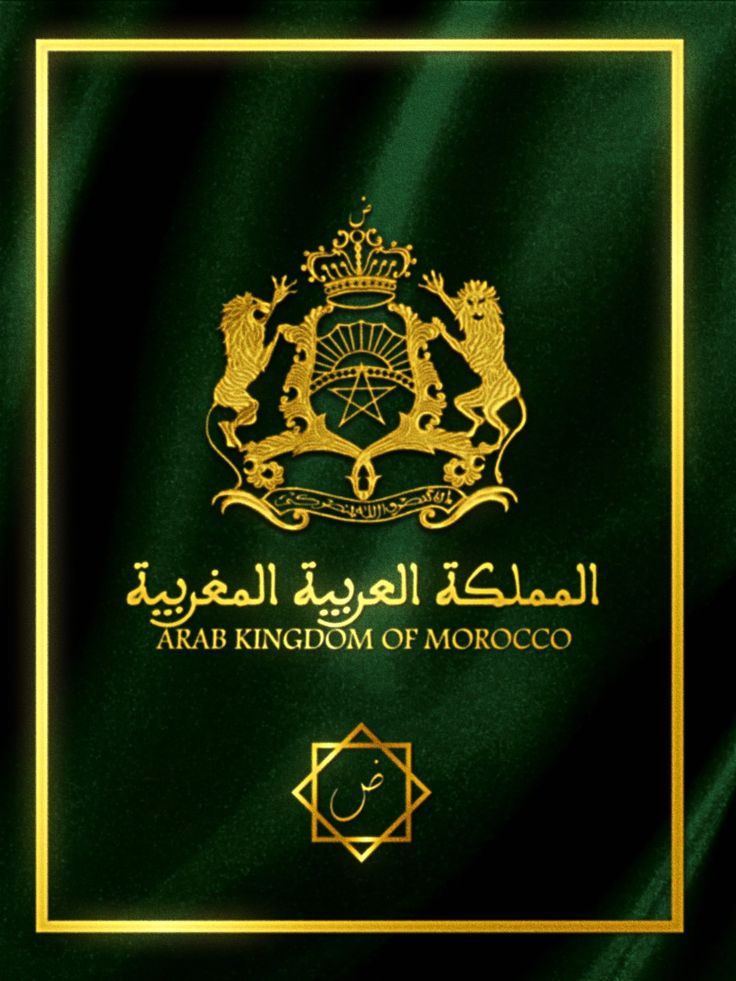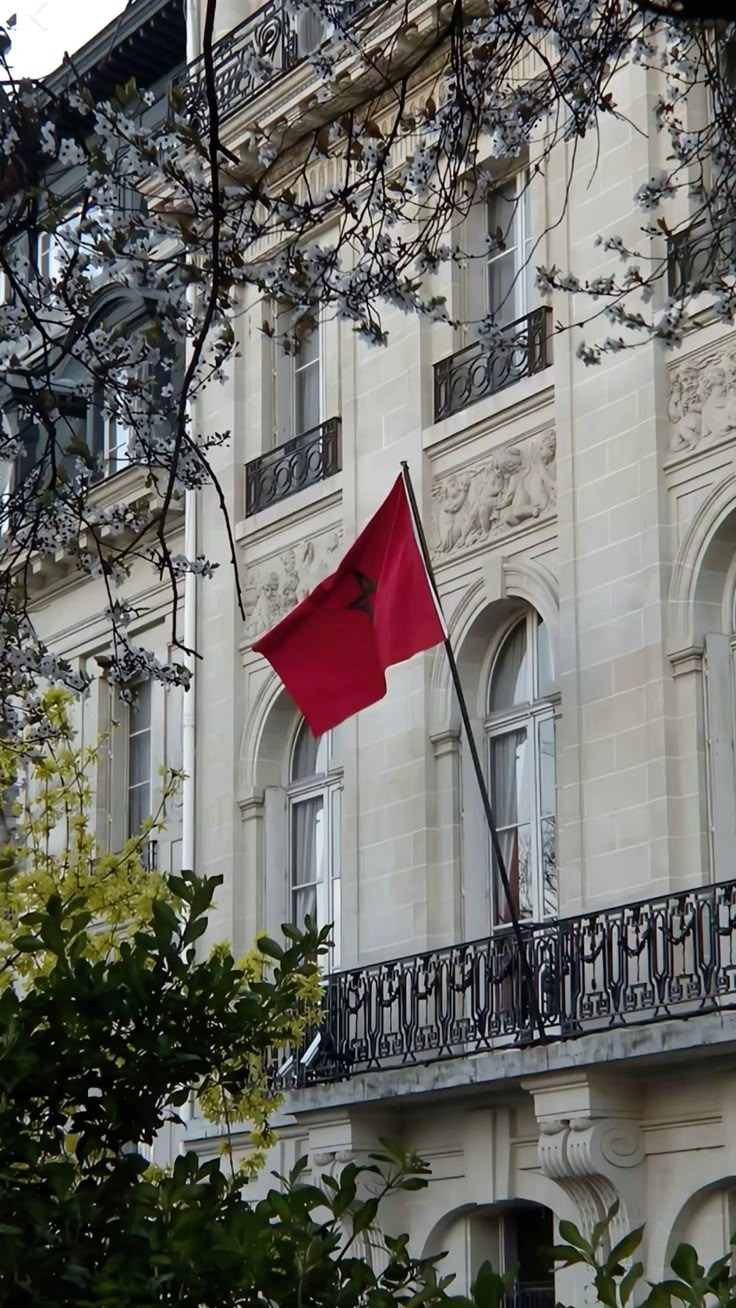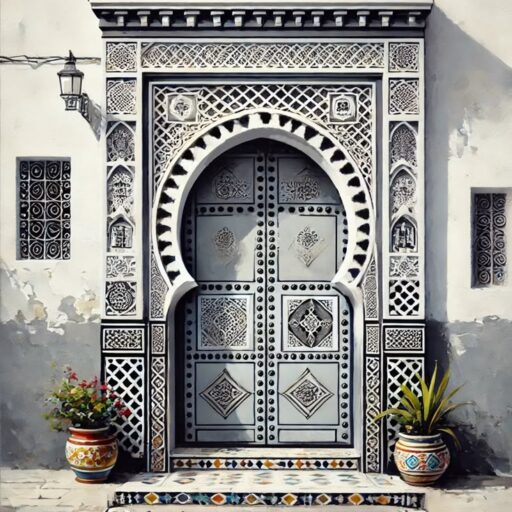Documentation in Morocco A General Guide
Navigating documentation in a new country can be complex. This guide provides a general overview of the documents required for common situations in Morocco, such as tourism, residency, and driving.
1. Entering Morocco as a Tourist
For short-term stays, the requirements are relatively straightforward for many nationalities.
- Passport: You must have a passport that is valid for at least six months from your date of entry into Morocco. It should also have at least one blank page for the entry stamp.
- Visa: Citizens of many countries, including the US, UK, EU, Canada, and Australia, do not need a visa for tourist stays of up to 90 days. Some other nationalities may be eligible to apply for an electronic visa (e-visa) online.
- Duration of Stay: The standard visa-free tourist stay is 90 days. If you wish to stay longer, you must apply for an extension or a residence permit before your initial 90 days expire. Overstaying can lead to fines and legal issues.
2. Living in Morocco (Residency Permit)
If you plan to stay in Morocco for more than 90 days, you must apply for a residence permit, known as a “Carte de Séjour” or “Certificat d’Immatriculation.”
- Application Location: You must apply at the local police station’s department for foreigners (
Bureau des Étrangers) in the city or town where you reside. - Common Required Documents: While the exact list can vary, common requirements include:
- A completed application form.
- Your passport with the Moroccan entry stamp.
- Several recent passport-sized photographs.
- Proof of address in Morocco (e.g., a legalized rental contract).
- A medical certificate from a Moroccan doctor confirming you are free of contagious diseases.
- A criminal record check from your country of origin (for first-time applicants).
- Proof of sufficient financial means to support yourself (e.g., Moroccan bank statements).
- Additional documents may be required based on your status, such as an employment contract for workers, proof of enrollment for students, or a marriage certificate if married to a Moroccan citizen.

The first residence permit is typically valid for one year and can be renewed.
3. Driving in Morocco
The rules for driving depend on your residency status.
- For Tourists: You can generally drive in Morocco using your valid foreign driver’s license for up to one year. However, it is highly recommended to also carry an International Driving Permit (IDP), especially if your license is not in English or French.
- For Residents: Once you have officially obtained your Moroccan residence permit (
Carte de Séjour), you are required to exchange your foreign driver’s license for a Moroccan license within one year. This process may require you to take the Moroccan driving test.
4. Other Official Documents
Many administrative processes in Morocco, such as getting married or starting a business, will require a range of official documents. These can include:
- Birth Certificate: An original or certified copy is often needed.
- Marriage Certificate: Required for residency applications based on marriage.
- Police Record: A Moroccan police record can be obtained from the Ministry of Justice in Rabat.
For any official process, it is crucial to verify the specific list of required documents with the relevant Moroccan authority.
Navigating the necessary documentation for travel to Morocco is a crucial step for a smooth and enjoyable trip. The requirements can vary depending on your nationality and the purpose and length of your visit. It’s always best to check with the official sources, such as the Embassy of the Kingdom of Morocco in your country, for the most up-to-date and specific information.
Here is a general overview of the documentation you may need
For Tourists and Short-Term Visitors (up to 90 days)
- Passport: A valid passport is required for all visitors. It’s generally recommended that your passport be valid for at least six months beyond your planned date of departure from Morocco, although some sources may only require it to be valid for the duration of your stay. You’ll also need at least one blank page for entry and exit stamps.
- Visa: For many nationalities, a visa is not required for stays of up to 90 days for tourism purposes. This includes citizens of the United States, Canada, the United Kingdom, and many countries in the European Union. However, if you are not from one of the visa-exempt countries, you must obtain a visa in advance from a Moroccan embassy or consulate.
- Proof of Onward Travel: You may be asked to show a return or onward ticket to prove that you will be leaving the country.
- Proof of Funds: While not always requested, it’s a good idea to have documentation to show you have sufficient funds to support yourself during your stay.
For Long-Term Stays and Residence Permits
If you plan to stay in Morocco for more than 90 days, you must apply for a residence permit, known as a certificat d’immatriculation. The application process should be initiated with the local police station’s Bureau des Étrangers or the Gendarmerie in rural areas. The required documents for this can be extensive and typically include:
- A completed application form.
- A valid passport with a Moroccan entry stamp.
- Passport photos.
- Proof of accommodation.
- Proof of financial means (e.g., bank statements).
- A criminal record check from your country of origin.
- A medical certificate from a local doctor.
- A copy of your birth certificate.
Customs and Other Regulations
When entering Morocco, you should be aware of specific customs regulations:
- Currency: It is generally forbidden to import or export the Moroccan Dirham. You can, however, bring in foreign currency. You must declare foreign currency equivalent to or exceeding 100,000 Moroccan dirhams (approximately $10,000 USD) upon arrival.
- Personal Items: You can bring personal clothing and certain items for temporary use, such as a camera, laptop, or mobile phone, without paying customs duties. These items must be re-exported when you leave.
- Restricted Goods: There are limits on the import of tobacco (e.g., 200 cigarettes) and alcoholic beverages (e.g., one liter of wine and one liter of other spirits).
- Prohibited Goods: The importation of certain items is strictly prohibited, including weapons, ammunition, narcotics, and materials contrary to public order or morality.
- Medication: You can bring a small amount of medication for personal use. It is advisable to carry a prescription or a doctor’s letter.
- Vehicles: If you are entering Morocco with a private vehicle, it is subject to a temporary admission regime, and you must exit the country with the same vehicle. You will also need to have at least third-party insurance.
Important Note: The information provided here is a general guide. It is essential to consult with the official Moroccan authorities or your country’s embassy for the most accurate and personalized advice regarding your specific situation.
Documentation in Morocco A General Guide
Navigating documentation in a new country can be complex. This guide provides a general overview of the documents required for common situations in Morocco, such as tourism, residency, and driving.
1. Entering Morocco as a Tourist
For short-term stays, the requirements are relatively straightforward for many nationalities.
- Passport: You must have a passport that is valid for at least six months from your date of entry into Morocco. It should also have at least one blank page for the entry stamp.
- Visa: Citizens of many countries, including the US, UK, EU, Canada, and Australia, do not need a visa for tourist stays of up to 90 days. Some other nationalities may be eligible to apply for an electronic visa (e-visa) online.
- Duration of Stay: The standard visa-free tourist stay is 90 days. If you wish to stay longer, you must apply for an extension or a residence permit before your initial 90 days expire. Overstaying can lead to fines and legal issues.
2. Living in Morocco (Residency Permit)
If you plan to stay in Morocco for more than 90 days, you must apply for a residence permit, known as a “Carte de Séjour” or “Certificat d’Immatriculation.”
- Application Location: You must apply at the local police station’s department for foreigners (
Bureau des Étrangers) in the city or town where you reside. - Common Required Documents: While the exact list can vary, common requirements include:
- A completed application form.
- Your passport with the Moroccan entry stamp.
- Several recent passport-sized photographs.
- Proof of address in Morocco (e.g., a legalized rental contract).
- A medical certificate from a Moroccan doctor confirming you are free of contagious diseases.
- A criminal record check from your country of origin (for first-time applicants).
- Proof of sufficient financial means to support yourself (e.g., Moroccan bank statements).
- Additional documents may be required based on your status, such as an employment contract for workers, proof of enrollment for students, or a marriage certificate if married to a Moroccan citizen.
The first residence permit is typically valid for one year and can be renewed.
3. Driving in Morocco
The rules for driving depend on your residency status.
- For Tourists: You can generally drive in Morocco using your valid foreign driver’s license for up to one year. However, it is highly recommended to also carry an International Driving Permit (IDP), especially if your license is not in English or French.
- For Residents: Once you have officially obtained your Moroccan residence permit (
Carte de Séjour), you are required to exchange your foreign driver’s license for a Moroccan license within one year. This process may require you to take the Moroccan driving test.
4. Other Official Documents
Many administrative processes in Morocco, such as getting married or starting a business, will require a range of official documents. These can include:
- Birth Certificate: An original or certified copy is often needed.
- Marriage Certificate: Required for residency applications based on marriage.
- Police Record: A Moroccan police record can be obtained from the Ministry of Justice in Rabat.
For any official process, it is crucial to verify the specific list of required documents with the relevant Moroccan authority.


